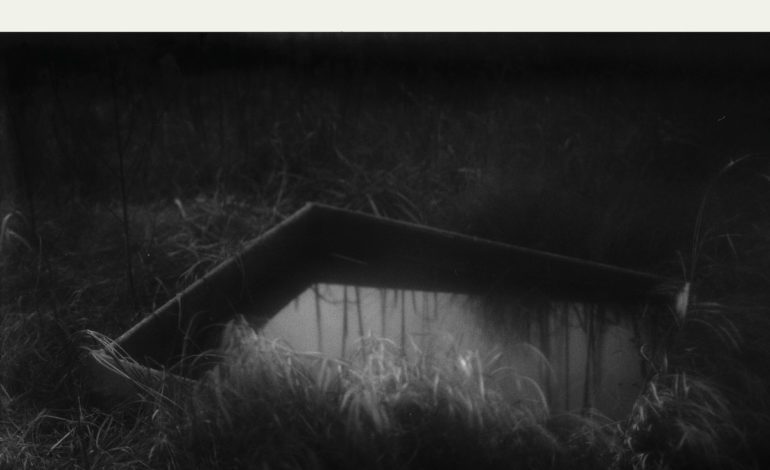

When poems become lyrics
Ever wondered what country music written by a lonely indie artist would sound like? Probably a lot like the band, Friendship. In November of 2019, the Philadelphia band released Dreamin’, their third album. According to the band’s website, the album tries not for a digital sound, but rather an organic aesthetic. Lead vocalist Dan Wriggins and drummer Mike Cormier crafted Dreamin’ while working in the country by day and performing in the city by night, resulting in a unique contrast.
First and foremost: the album is lyrically driven. If Justin Vernon of Bon Iver was born in Southern Georgia instead of Wisconsin, this would most likely be the result. The lyrics do not embody the typical lyrical structure of verse, chorus, and bridge. It’s almost as if each song was written for the local slam poetry reading, but the band decided to turn them into songs instead.
Songs like “You Might Already Know” are only but a few lines long, but packed with specificity and meaning. Opening with the description of a scene to visualize. “Junk on the table…ate in the kitchen standing up…it’s hard to make out the ocean at night.” Full of abstracts, Wriggins makes listeners work for the meanings of these songs. The same goes for “Sure,” another track that at its core, is a poem. Listeners are handed objects, settings, surroundings, and conversations that are left for interpretation, all of which are the best qualities of a good poem.
Behind the poetic lyricism are old-timey country instruments that found themselves in the hands of east coast alternative artists. The guitar in “Several Stations” could have been sampled straight from the CD my grandma used to play while I rode in the back of her Buick. This odd duality between country and indie/alternative beautifully complements the tension given between the settings of the album: city and country.
The organic sound the band was looking for was accomplished with almost zero editings on Wiggins’ vocals. The up-close, “talk a little sing a little” style is off-putting at first, but its purpose of putting more attention on the symbolic lyrics is effective. This is about as intimate and raw as vocals could get; “Millionfish” might convince some that Wiggins is in the room singing to them live.
If the listener can look past the underwhelming, at times distracting vocal performance, they will find this album is full of beautiful poetry that is begging to be dissected. Lyrics are placed in the foreground on a canvas of instrumentals that paint golden plains under the sun, and city lights glowing in a night sky.
